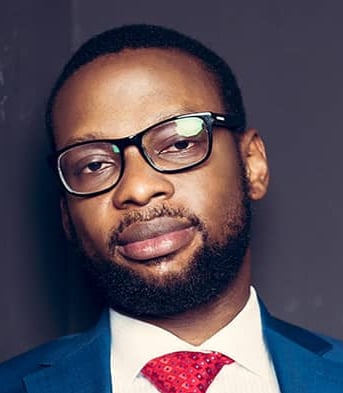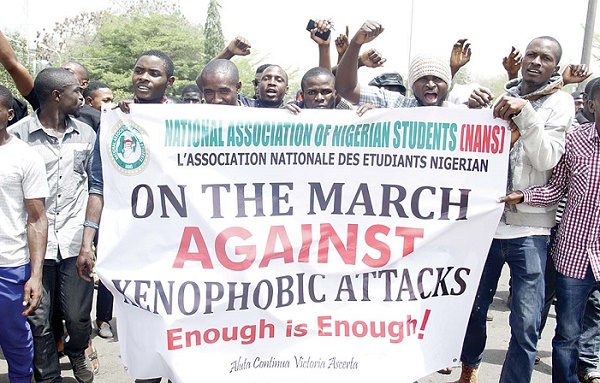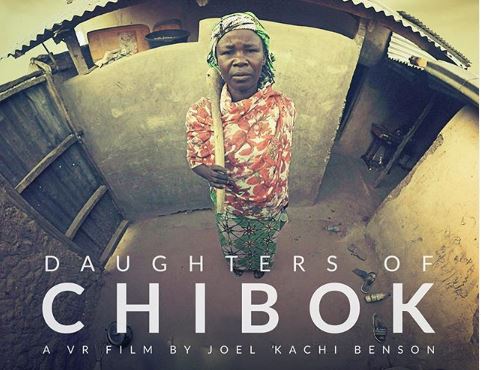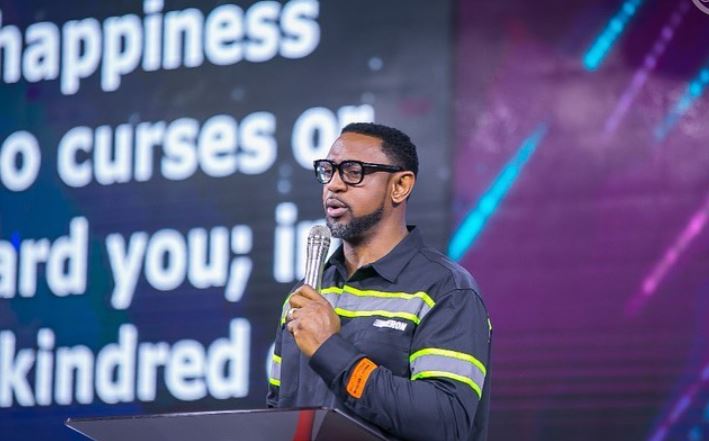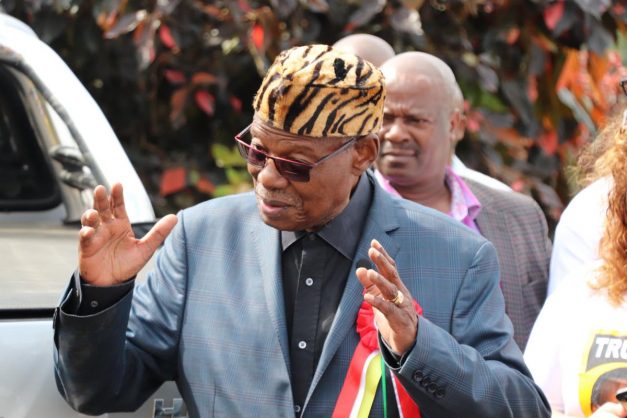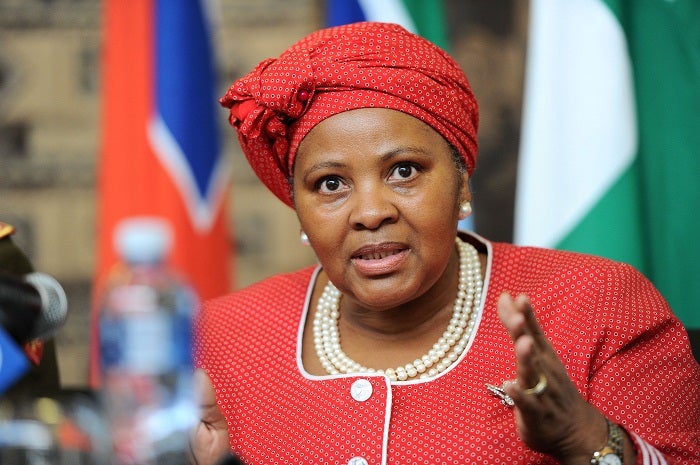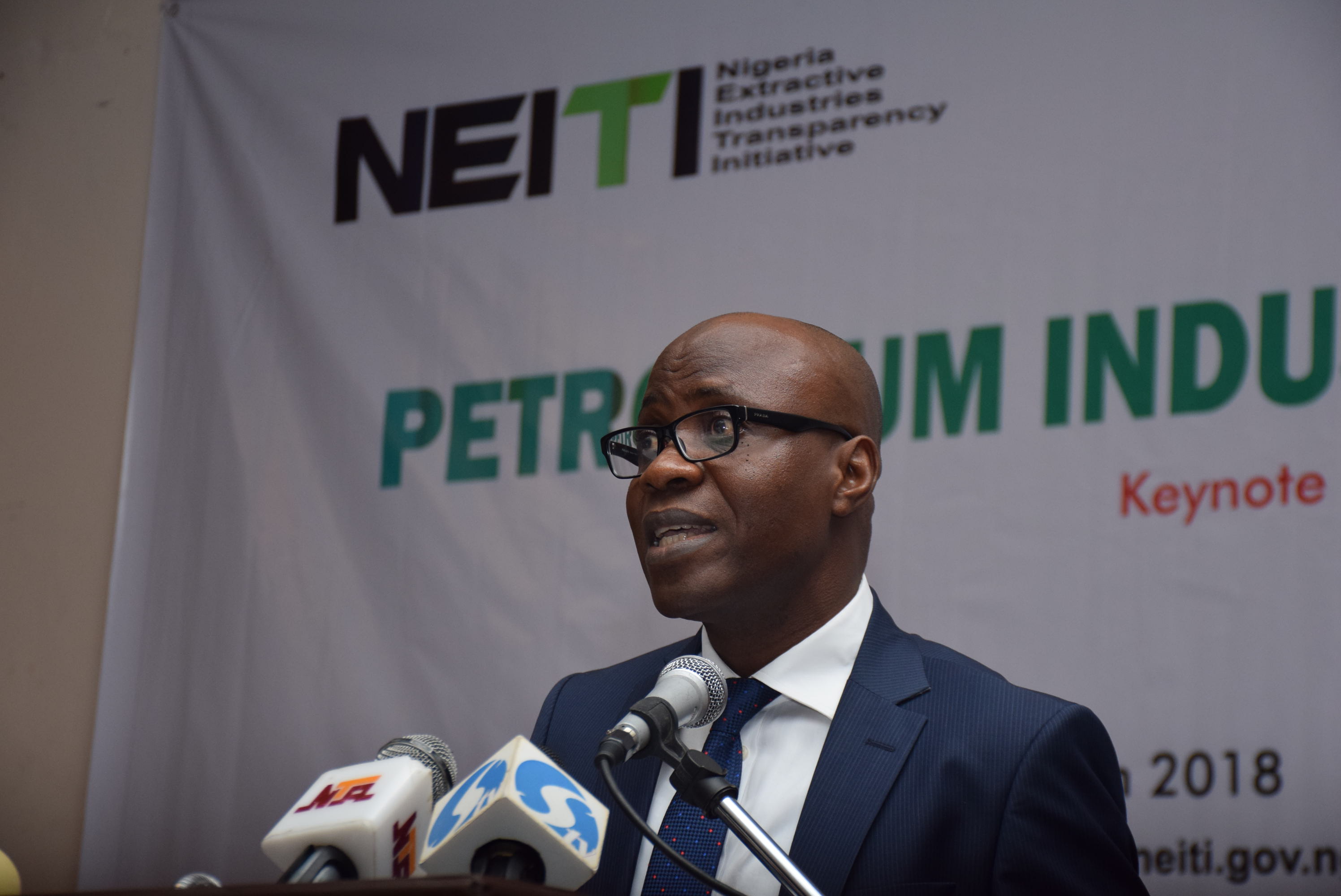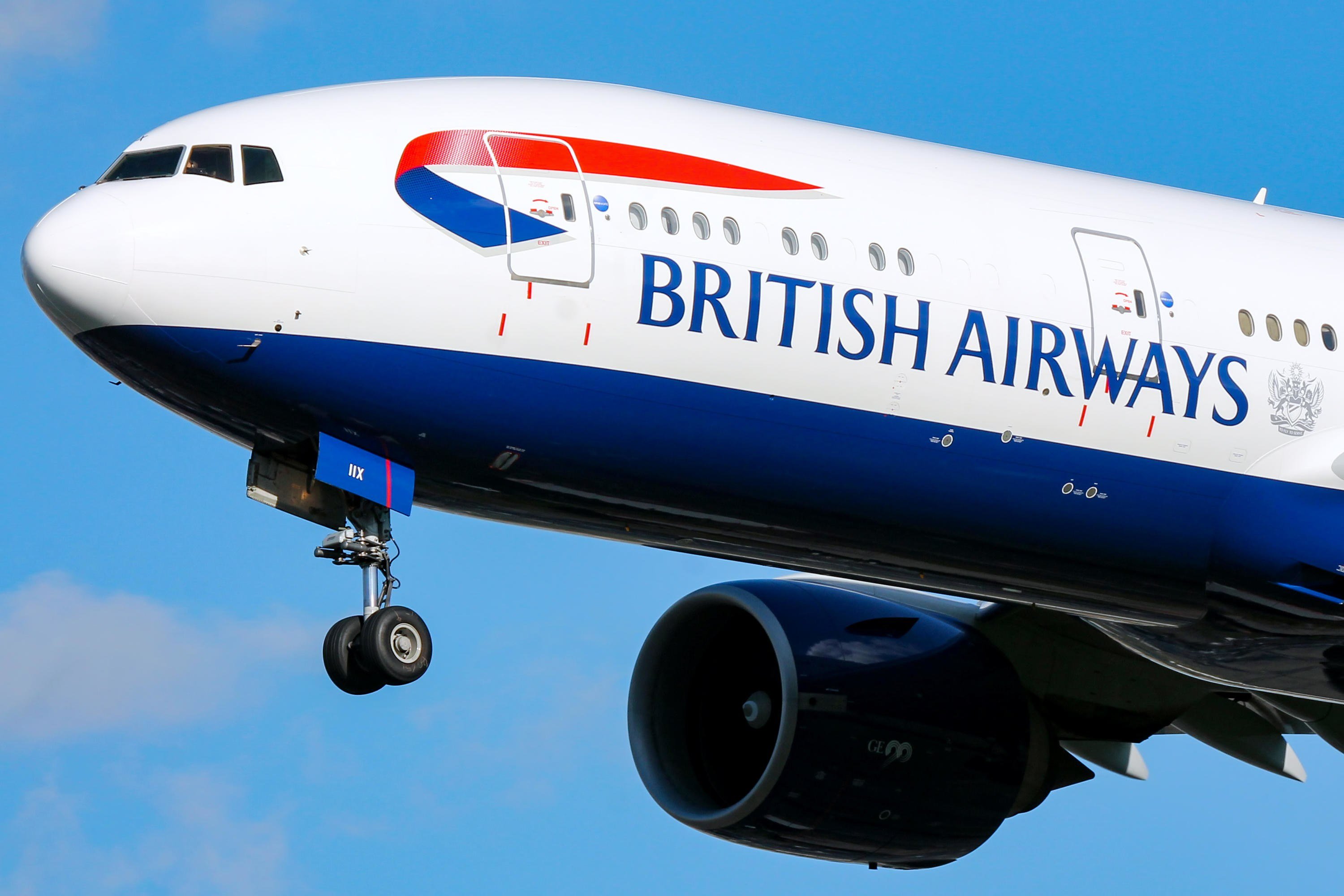NANS pickets MTN, DSTV offices in Ogun over xenophobic attacks
For the first time ever, Nigeria-based Nigerians gave a violent response to the killing and maiming of their countrymen in South Africa. South African enterprises, the most unfortunate being food retailer Shoprite and telco MTN, were targeted, leading to the destruction of property and obstruction of trade. In some instances, innocent Nigerian shoppers and business owners were affected. The attacks have since been quelled but the worst mistake anyone can commit is to discountenance them. Xenophobic attacks have been a distinct feature of South African life for decades. At the latest, they’ve been occurring since 1994, and have reached tipping point in 2008 and 2015. But this has been the very first time in over two decades that Nigerians have staged reprisals, and this is why it mustn’t be treated with levity. It means Nigerians now desperately seek a solution; only that the vandals who hit the streets got their strategy wrong.
At least three things were responsible for the reprisals. As I wrote last week, a day before the attacks reached unbearable levels, the killing of Nigerians by South Africans had become sickening not only because of the frequency but also because of the impunity of the culprits and the culpability of the Police. It was inevitable, in the end, that things would get to a head.
There was the role of fake news. For instance, one video widely distributed on social media platforms, predominantly Whatsapp, showed individuals jumping or falling off the roof of a building on fire, presumably from South Africa. Meanwhile, it’s from a May 2019 fire in Surat, a city in western India. There’s another, on Whatsapp, of a man being set ablaze as part of xenophobic violence in South Africa. But this was indeed a video recorded back in January 2019. Finally, and the biggest of them, is a video of Bongani Mkongi, the South African Deputy Minister of Police, criticising why four of every five residents of Hillbrow, a city in Johannesburg, are foreign nationals. In the video, Mkongi called for a national discussion on this trend, calling the foreigners “people and lunatics”, and warning that South Africa could someday be dominated up to 80% by foreign nationals, to the extent, even, that a future President of South Africa could be a foreign national. It is unquestionable that Mkongi’s utterances were inciteful, and implicitly emboldened South Africans to attack their African brothers. Only problem is that the video is anything but recent; it was first filmed in July 2017!
And, of course, there was President Muhammadu Buhari’s treatment of the killings like his ministerial list. Everyone knows Buhari needs a minimum of two to three months to pick his cabinet; had Nigerians not laid siege to MTN offices and Shoprite malls. The systematic killing of Nigerians had long reached the point where the President needed to personally step in — with a message of his own assuring Nigerians of his specific efforts in expediting the cessation of the attacks. A five-minute national broadcast wouldn’t have been out of order; instead, the President abdicated his responsibility as Commander-in-Chief, leaving all the talking to his appointees. The result is that Nigerians took laws into their hands; there can be no excuse for such criminal act, but the Nigerian government is as guilty as those languishing in police cell for fomenting violence in Lagos, Oyo and Abuja in particular.
Advertisement
Both the Nigerian and South African governments have arrested scores of citizens in relation to public disturbances for or against xenophobia. The violent Nigerians have cooled their anger but the ones in South Africa are still boiling; on Sunday, many of them, heavily armed, were protesting on the streets, calling for the exit of foreigners. It will eventually peter out; we have been there before. However, when the current wave of xenophobia fades away, Nigeria must thoroughly process the answers to a very critical question: Why exactly do South Africans want us out? Alleged drug crimes and denial of menial jobs.
Naledi Pandor, South Africa’s Minister of International Relations and Cooperation, said last week that “Nigerian nationals are involved in human trafficking and other abusive practices”, and “harming our young people”. Based on recent admissions from Nigerians familiar with events in South Africa, it would be dishonest to confer sainthood on all Nigerians living over there. But it is also implausible, simplistic in addition, to think South Africa’s challenge with criminality will disappear with the uprooting of Nigerians. South Africa’s crime rate has always been high; over 40,000 rape cases, just a fraction of the real total, are reported every year, while over 20,300 were recorded in 2018 alone. In January, Cyril Ramaphosa declared rape and sexual assault in the country a “national” — not Nigerian — “crisis”. On this, the South African government will need to do its homework very well.
The job protest is where the reality bites. South African street protesters claim Nigerians are taking their jobs. In one of the videos that went viral last week, a protester was heard saying Nigerians were short-changing them by accepting far less payment for services, to the detriment of natives. The general xenophobic sentiment, I have observed, is against the Nigerians offering unskilled labour. Roughly 18% of Nigerians teach in the South African education, for example, but these are not really the worries of the protesters. They are the unskilled labourers, many of them illegal migrants. Officially, South African records say the country is host to 30,000 Nigerians, but local media reports suggest the figure could be as high as 800,000. The gulf will probably be an exaggeration, but what it tells us is that Nigeria has more illegal than legal migrants in South Africa. The economy over there is much stronger than ours, with a dollar equaling just 14.81 rand (a dollar equals N358) and a rand equaling N24.24. We have to fix this!
Advertisement
The first Nigerian to be attacked during the xenophobic killings of 2015 owns a mechanic workshop. He would be running that business in Nigeria if the value of his earning wasn’t 24 times higher in South Africa! Most Nigerians in South Africa own businesses that they should be running back home. And this is what the Nigerian government must focus on: To render more support to small-scale business owners, revitalise the education and health sectors, solve the perennial electricity problem. All these and related efforts will open up the economy and halt all manner of needless tourism.
The Nigerian government simply has to make Nigeria more attractive to Nigerians, and watch how quickly the arrogance of South African leaders would diminish.
Soyombo, former Editor of the TheCable, the International Centre for Investigative Reporting (ICIR) and SaharaReporters, tweets @fisayosoyombo
Advertisement
Add a comment
